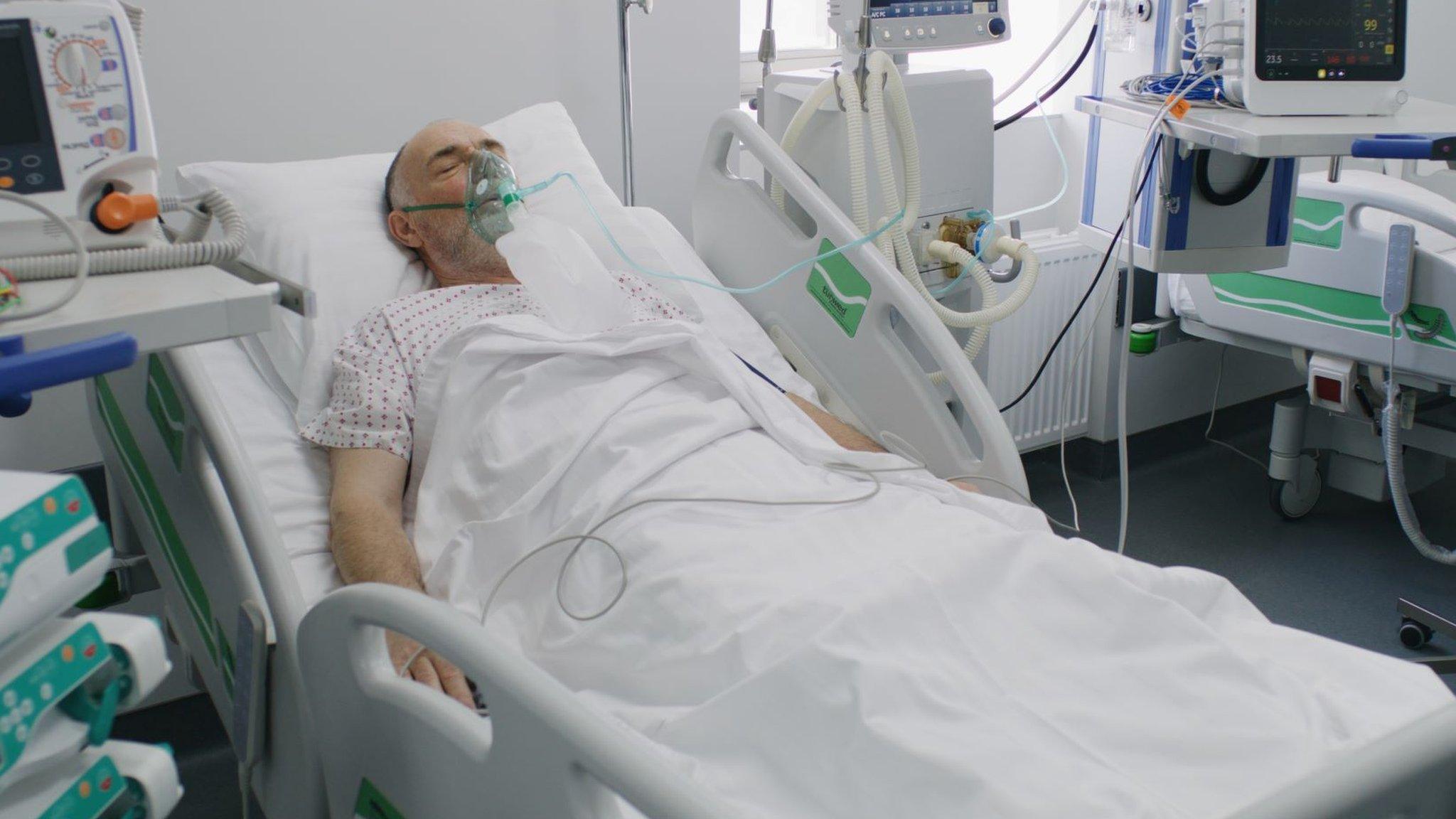'Ineffective communication' in teen hospital death
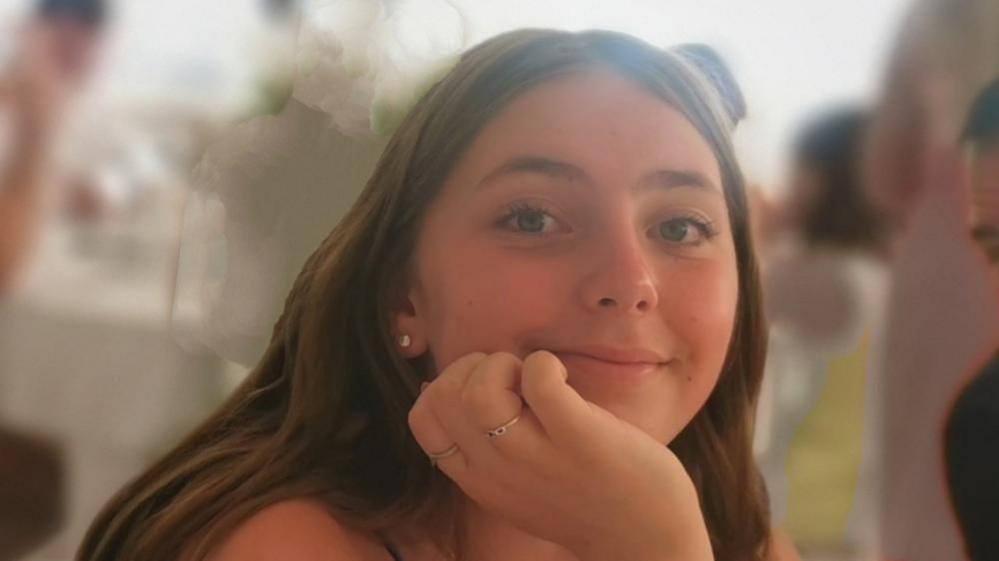
Chloe Longster died at Kettering General Hospital in November 2022
- Published
An inquest has heard there was a lack of "effective communication" between hospital staff overseeing a 13-year-old girl who died from sepsis.
Chloe Longster died a day after arriving at Kettering General Hospital in Northamptonshire on 28 November 2022.
An expert who carried out an external review of the case told the inquest there were "multiple opportunities where interventions could have happened in a more timely way".
Dr Jothsana Srinivasan highlighted delays in administering antibiotics and weak handovers between staff as she gave evidence to Northamptonshire Coroner's Court by video.
Sepsis , externaldevelops when the body's immune system overreacts to an infection and attacks itself. It can be difficult to spot, and the UK’s health ombudsman said last year that "significant improvements" were urgently needed in diagnosis and treatment.
Chloe had been taken to the emergency department after waking up with pain in her ribs and cold-like symptoms.
She was admitted to the paediatric ward, called Skylark, and then transferred to intensive care.
Her mother Louise Longster told the inquest that Chloe was in "unbearable" pain and that she felt like a "nuisance" trying to get more help for her.
"It's harrowing to see your own child in so much pain," she said.
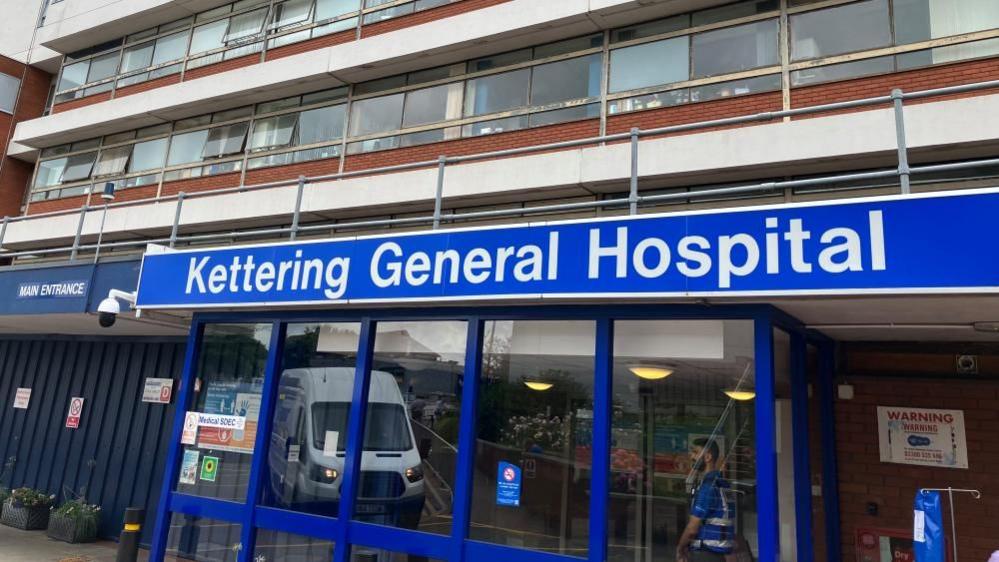
The inquest has been hearing from staff at Kettering General Hospital
The inquest has already heard evidence from several members of staff at Kettering General hospital.
They revealed a routine check was missed and Chloe also waited hours for intubation, despite a registrar recording that she needed more oxygen.
Dr Srinivasan said a doctor became "fixated" on asthma management instead of recognising "red flags" for sepsis such as sleepiness and falling blood pressure.
She said it was "unclear if a verbal handover happened" between the Emergency Department and the Skylark ward.
"It feels as if the staff at Skylark were not prepared to receive Chloe at that time, and the staff really did not understand how unwell she was."
She said "assumptions" were made that antibiotics had already been given when they had not.
"There was no effective communication to check if actions had taken place."
She said "every staff member did try to provide the care" but that it was "more like snapshot treatment without a broad overview".
When asked whether giving different antibiotics at an earlier time could have saved Chloe's life, she responded: "It's difficult to predict how different unwell children will respond to different interventions.
"There were multiple opportunities where interventions could have happened in a more timely way - a good handover, appropriate recognition - which could have altered her outcome."
The inquest continues.
Get in touch
Do you have a story suggestion for Northamptonshire?
Follow Northamptonshire news on BBC Sounds, Facebook, external, Instagram, external and X, external.
Related topics
- Published7 October 2024
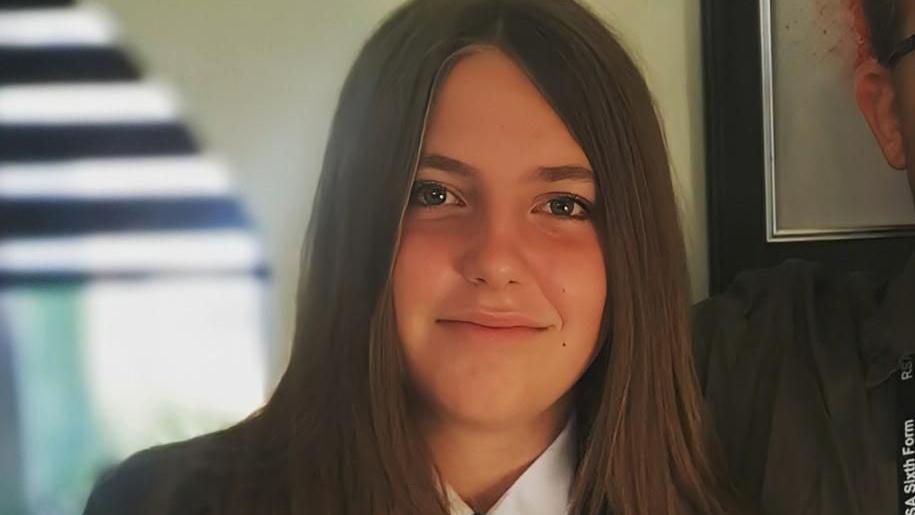
- Published9 October 2024

- Published13 September 2023
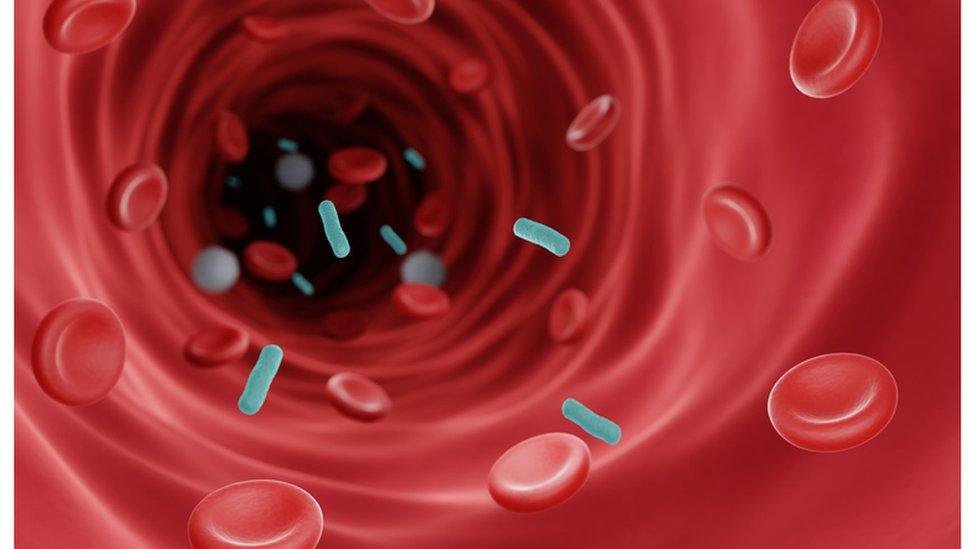
- Published25 October 2023
